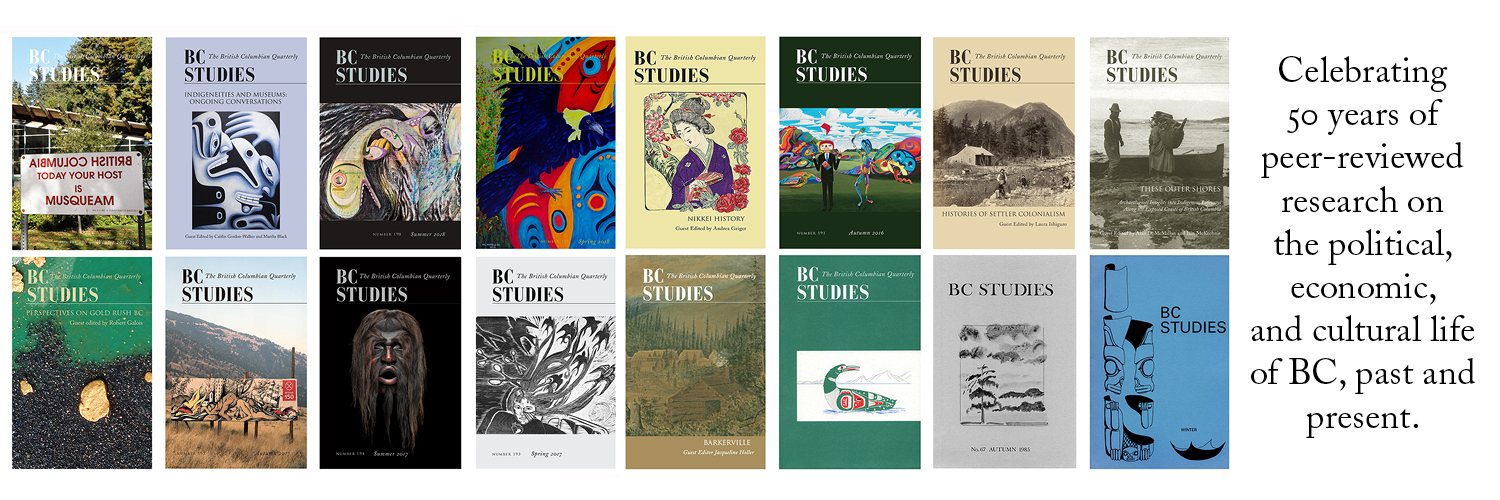Historical Legacies and Policy Reform: Diverse Regional Reactions to British Columbia’s Carbon Tax
DOI:
https://doi.org/10.14288/bcs.v0i173.2431Keywords:
carbon tax, British Columbia, political science, economy, taxation, interior, environment, VancouverAbstract
The paper examines reactions to the carbon tax implemented by the government of British Columbia in 2008. We contrast the vocal opposition that emerged from Northern communities with the quiescent reaction of commuter suburbs in the Lower Mainland. This contrast is particularly noteworthy since it is Lower Mainland commuters, rather than residents of northern BC, who pay the most under the provincial carbon tax. In an effort to understand these paradoxical reactions to the tax, we compare the explanatory power of three theoretical approaches, and find that a full explanation requires elements of all three. The logic of collective action accounts for voters’ misunderstanding of and thus opposition to the tax province-wide, but it cannot explain the emergence of distinct opposition in Northern communities. Electoral incentives can account for politicians’ efforts to represent the latent interests of their constituents, but self-interest alone does not explain the strength of reaction in the North given strong voter disapproval of the tax throughout the province. Rather, a longstanding sense of alienation, quite unrelated to the particulars of the carbon tax, played out in perceptions of the tax as unfair to Northerners, all evidence to the contrary. We conclude with lessons for carbon taxation in other jurisdictions.



